Tundish Technology For Clean Steel Production
Continuous casting of steel has become a widely used process and an important step in steel production. The worldwide share of continuously cast steel has increased significantly in the last 25 years or so. However, concurrent with this increase in production levels are stringent quality requirements that have become crucial in the face of progressively increasing machine throughputs and larger product dimensions. As a result, steel cleanliness and strict composition control are now the primary concern of steelmakers.The tundish is the last metallurgical vessel through which molten metal flows before solidifying in the continuous casting mold. During the transfer of metal through the tundish, molten steel interacts with refractories, slag, and the atmosphere. Thus, the proper design and operation of a tundish are important for delivering steel of strict composition and quality. This pioneering book is the first of its kind to cover all aspects of tundish technology, ranging from fundamental aspects and theory necessary for understanding the basic concepts of tundish operations to operational aspects of the tundish. Written by internationally recognized experts in continuous casting technology in general and tundish technology in particular, this book is sufficiently fundamental to serve as a graduate-level textbook on process metallurgy or as an important reference for metallurgical researchers; at the same time, it is comprehensive enough to contribute to the understanding of scientists and engineers engaged in research and development in the steel industry.
{{comment.content}}
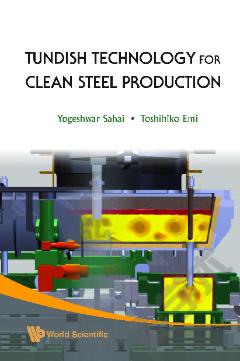
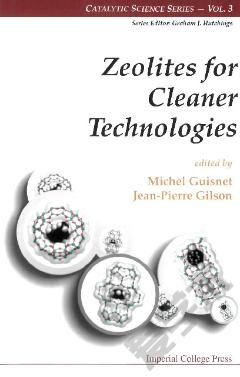
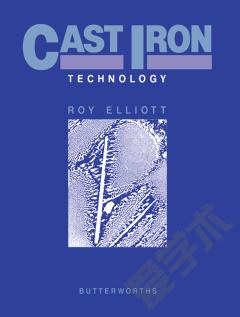


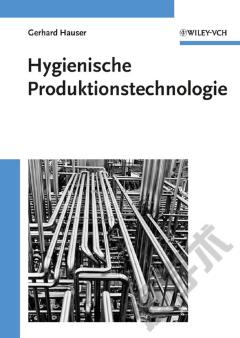
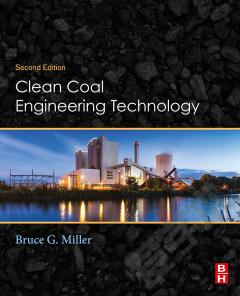

 京公网安备 11010802027623号
京公网安备 11010802027623号